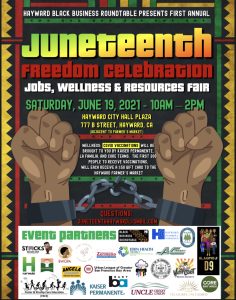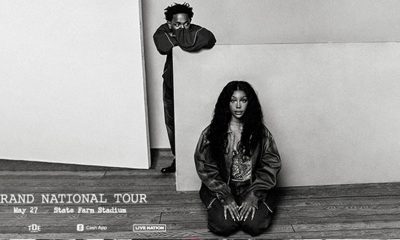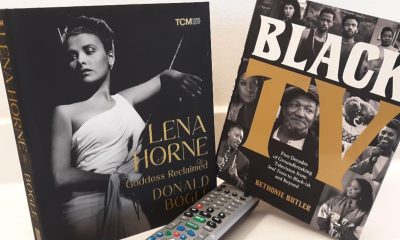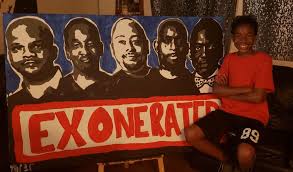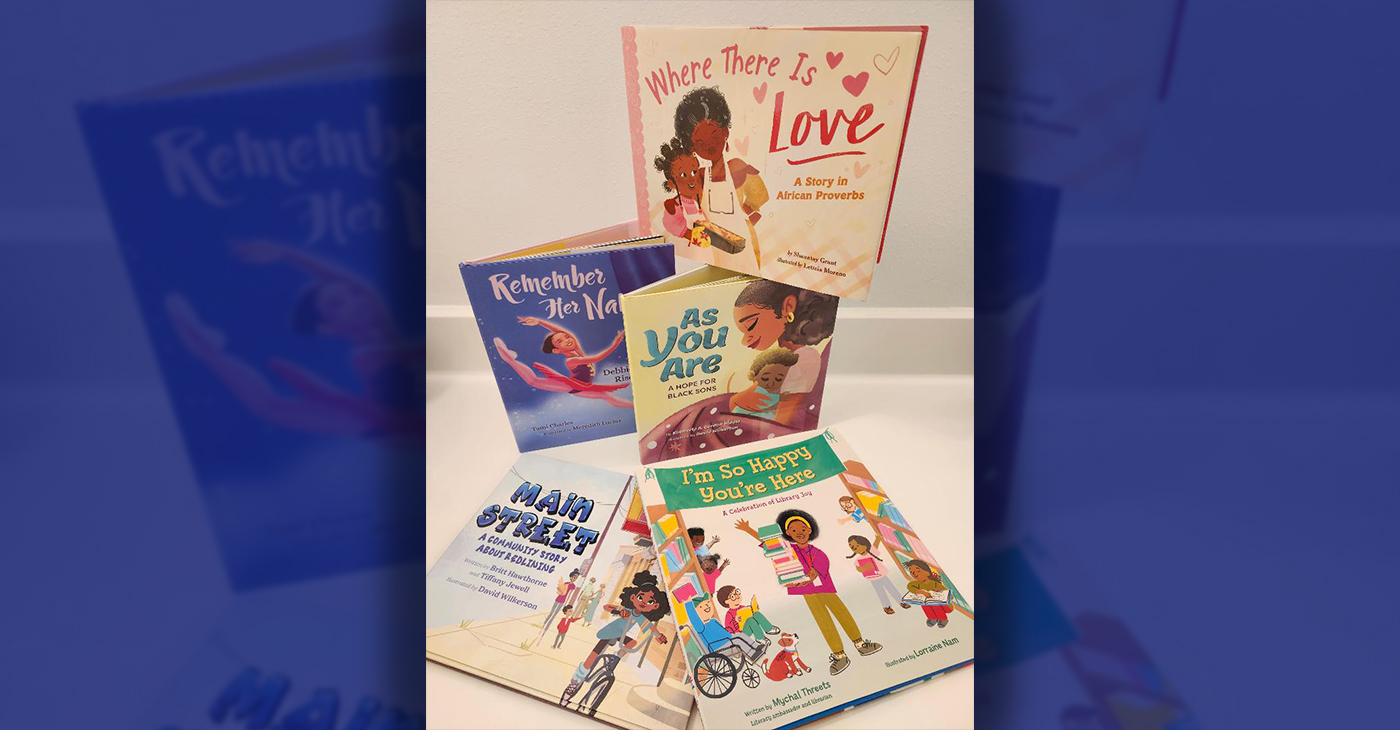NEW YORK (AP) — In the annals of film festival flops — from unexpected boos to red-carpet gaffes — the premiere of the Will Ferrell, Kevin Hart comedy “Get Hard” will go down as a doozy.
After the film premiered last week at the South By Southwest Film Festival, during a Q&A with director Etan Cohen, an audience member voiced not so much a question as a harsh judgment. “This film seems racist,” he said, using an expletive. Another audience member also asked if the film, about a hedge fund manager (Ferrell) who witlessly hires a law-abiding acquaintance (Hart) to prepare him for maximum security prison after being sentenced for fraud, was perpetuating stereotypes.
That sound you might have heard emanating from Austin was the loud cursing of marketing executives for the film, which opens Friday.
Though film festival Q&As are often filled with questionable observations, these atypically blunt rebukes received outsized attention, drawing headlines from The Los Angeles Times and others. The damage continued with early reviews that also questioned the movie’s handling of homosexuality in various scenes.
Much of the film’s comedy rests on the Ferrell character’s fears of being raped in prison, and among his preparations is an attempt to have oral sex with a gay man in a bathroom stall. A critic for The Guardian wrote that future viewers “will be astonished that such a negative portrayal of homosexuality persisted in the mainstream in 2015.” Variety wrote that the film was “undone by some of the ugliest gay-panic humor to befoul a studio release in recent memory.”
After initially seeking to avoid the controversy (Cohen, Ferrell and Hart cancelled interviews with The Associated Press before Ferrell and Hart rescheduled them), the film’s stars and producers are vigorously defending their comedy as not a representation of stereotypes but a satire of them.
“Any time you’re going to do an R-rated comedy, you’re going to offend someone,” said Ferrell in an interview alongside Hart. He continued: “But that’s kind of what we do. We provoke. We prod. We also show a mirror to what’s already existing out there. We’re playing fictitious characters who are articulating some of the attitudes and misconceptions that already exist.”
“Get Hard” was written by Cohen along with Jay Martel and Ian Roberts, writing-producers from the sketch comedy show “Key and Peele.” This is Cohen’s directorial debut after penning screenplays to films like “Idiocracy” and “Tropic Thunder,” a film that memorably flirted with racially sensitive territory in Robert Downey Jr.’s lampoon, in black face, of a Method actor run amok.
In many ways, the comedy of “Get Hard” works similarly. Just as the humor of Downey’s actor wasn’t in his favor but about his own self-obsessive, racist delusions, Ferrell’s character is a parody of the narrow perspective of the elitist one percent. He hires Hart’s carwash owner and family man under the mistaken presumption that he’s been to prison, that he’s “hard.”
“You’re looking at two characters that judged each other by their cover,” said Hart. “And after peeling off some of the layers to their onion, they realize that, ‘Oh my God, this isn’t the person I thought it was from the jump. It’s a completely different person.’ And that road to friendship ensues.”
“Get Hard” was conceived as a way to pair Hart and Ferrell, two of the most popular and bankable stars in comedy. Whether the film succeeds on its own terms or not, it’s an attempt (one generally uncommon in wide-release studio films) to comment on contemporary issues of inequality and race within the context of a broad, often crude comedy.
Adam McKay, Ferrell’s longtime collaborator and a producer of “Get Hard,” said any backlash has been overinflated by “lazy journalism.”
“Given that we’re a country with runaway income inequality, more people in jail than any other country, this is what people are crowing about? Trying to in a funny way deal with these issues?” said McKay in a phone interview with fellow producer Chris Henchy. “It really kind of got me mad. It’s just cheap is what it is.”
McKay said the film was fashioned as “a silly, filthy comedy” on the outside, but a satire of income inequality underneath. Seeing the film as racist, he says, is “kind of ridiculous and disheartening,” since its intention is to parody those who live in bubbles of wealth and prejudice. To claims of homophobia he protested: “Any individual going to maximum security prison would be afraid of violence and sexual assault. To equate that with homosexuality is ridiculous.”
Others have agreed, albeit more skeptically. In reviewing the movie for Vanity Fair, Eric D. Snider wrote that the film wasn’t offensive to him as a homosexual; it’s just not funny enough.
“It’s not mean-spirited, and it’s panicky straight guys, not gays, who are the target,” wrote Snider. “It’s just disappointing, that’s all.”
Any bad buzz for “Get Hard” has likely been partially alleviated by the goodwill both Ferrell and Hart have in storage, as well as the distraction of Ferrell’s dependably entertaining late-night appearances. The NAACP and GLAAD have not commented on the film.
“Here’s the beautiful thing about Will and myself: You’re looking at two guys that are no strangers to criticism,” said Hart. “The critic’s job is to critique. I don’t think I’ve ever had a great review on a film that I’ve done. Not one. Everybody always has had something to say. And if they’re not talking, then you have a problem.”
Whether the talking around “Get Hard” will affect it at the box office remains to be seen.
“People will go see it and there probably will be some people who are offended. It’s definitely a very dirty movie and it’s harsh,” says McKay. “It’s a good-hearted movie at its root. Everything comes out in the wash with movies because they hang around for, like 78 years. You always end up seeing what a movie really is in the long run.”
___
Lennox reported from Los Angeles.

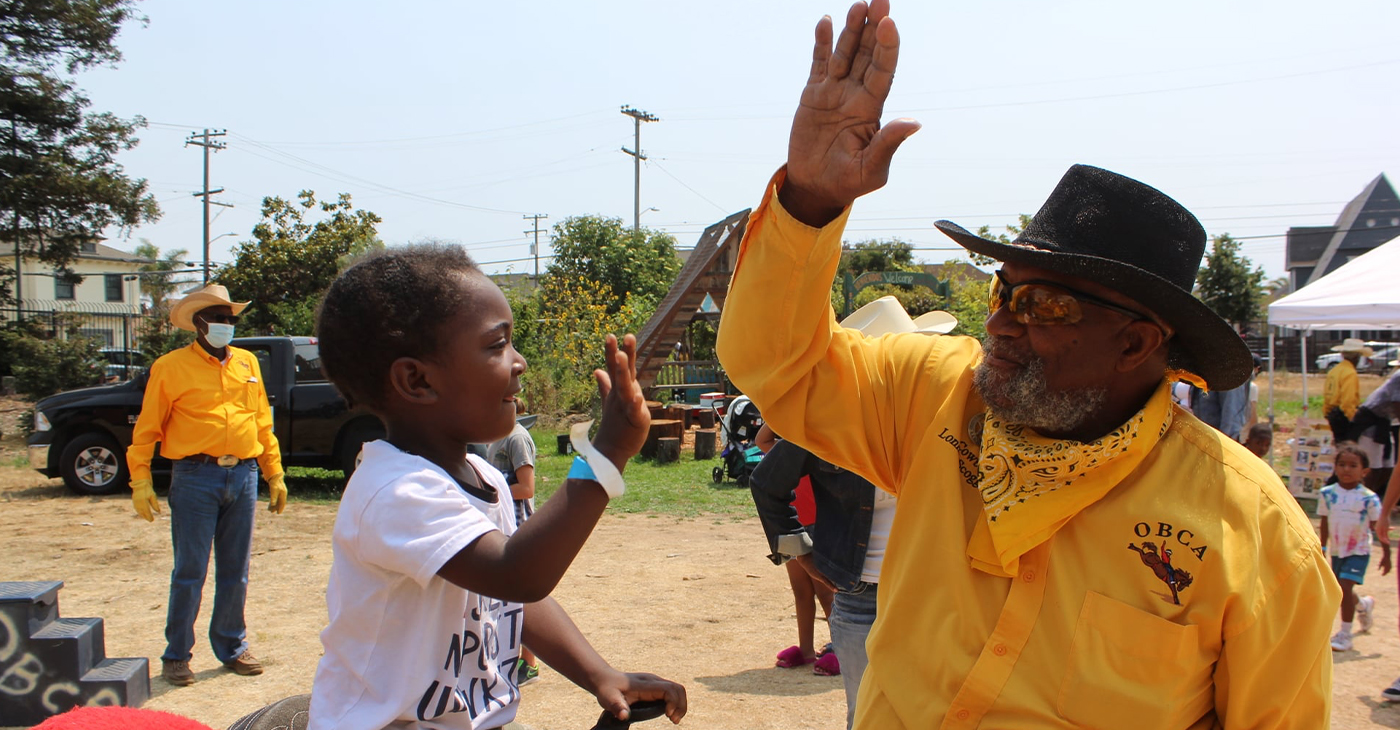

 #NNPA BlackPress4 weeks ago
#NNPA BlackPress4 weeks ago
 #NNPA BlackPress4 weeks ago
#NNPA BlackPress4 weeks ago
 #NNPA BlackPress4 weeks ago
#NNPA BlackPress4 weeks ago
 #NNPA BlackPress4 weeks ago
#NNPA BlackPress4 weeks ago
 #NNPA BlackPress4 weeks ago
#NNPA BlackPress4 weeks ago
 #NNPA BlackPress3 weeks ago
#NNPA BlackPress3 weeks ago
 #NNPA BlackPress4 weeks ago
#NNPA BlackPress4 weeks ago
 #NNPA BlackPress4 weeks ago
#NNPA BlackPress4 weeks ago

